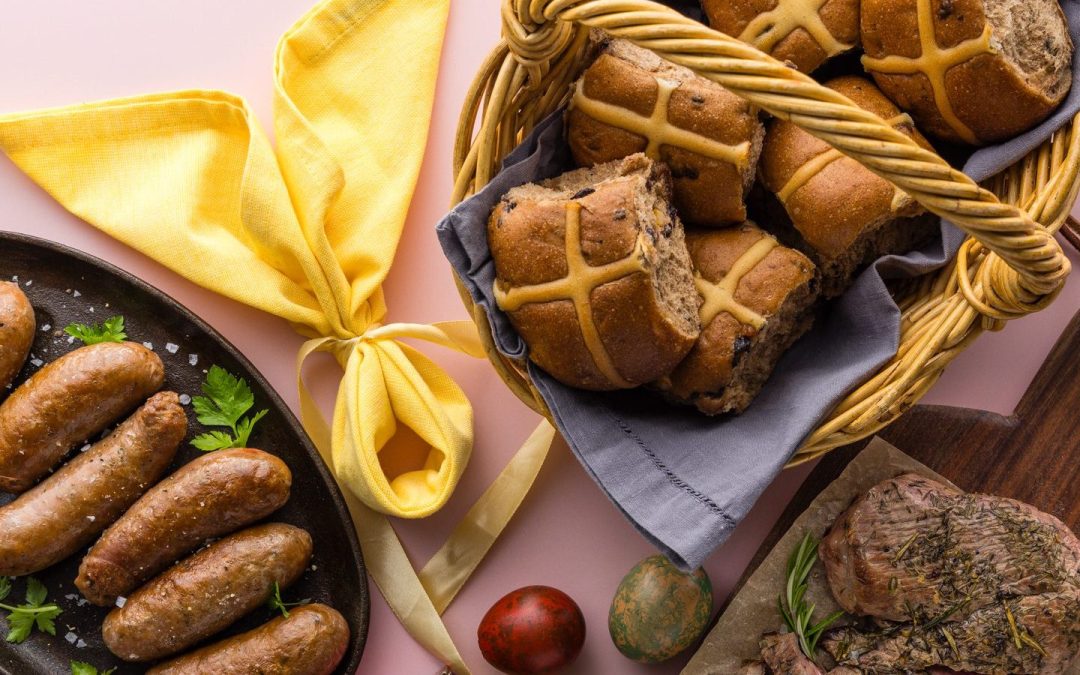
When we are working towards weight loss or decreasing our body fat percentage, we need to be conscious of our calorie intake, as our body needs to be in a calorie deficit to achieve both these things. Alcohol can negatively affect our calorie intake, and it can be harder to lose weight if we’re drinking excessively.
If we are working towards either of these goals, or simply are wanting to watch our unnecessary calorie intake, we need to be mindful of alcohol consumption. In addition to contributing extra calories and possibly interfering with your healthy eating plans, alcohol interferes with sleep and normal metabolic pathways including fat burn, which can lead to fat accumulation in your body.
Alcohol is one of the four macronutrients that provides our body with energy or calories, alongside fat, carbohydrates and protein. To put this in context, protein and carbs contribute about 4 calories of energy per gram, alcohol contributes 7 calories per gram, and fat contributes 9 calories per gram. The key difference is that alcohol doesn’t play any beneficial role in our body rather than providing energy, making it an ‘empty calorie’.
Because it is metabolised by the liver, excess alcohol can also impede the many other important functions the liver has to do, such as breaking down glycogen into glucose for energy and detoxifying substances. Your body cannot store alcohol, so it must metabolize it right away, making it a priority over all other metabolic processes. This can be an issue for fat loss, especially if you drink every day, as your body won’t have time to burn stored fat.
Alcohol is not only very high in calories and devoid of nutrients, but it is also a stimulant — while many people think it may help them nod off, it decreases the quality of your sleep, and you won’t feel as energized in the morning. This can counteract your good efforts for weight loss, as getting good quality sleep is important for hormone regulation, in particular the hormones that control hunger impulses, leptin and ghrelin. Notice how you tend to crave less healthy foods when you’re tired? Yep, that’s the hormone ghrelin talking. A good night’s sleep means more of the hormone leptin and less ghrelin, which helps control our hunger impulses, increases the amount of calories we burn and decreases fat storage.
We recommend being alcohol-free throughout the week and only drinking in moderation (i.e. not more than 2–3 drinks) on the weekend. Pick occasions that are ‘worth it’, rather than drinking because others are, and choose your drinks wisely. A great option is a nip of spirits with soda water and a slice of fresh lemon, a lower carbohydrate, lower calorie light beer or dry wine.
References:
1. https://nutritionfoundation.org.nz/nutrition-facts/nutrition-a-z/alcohol


